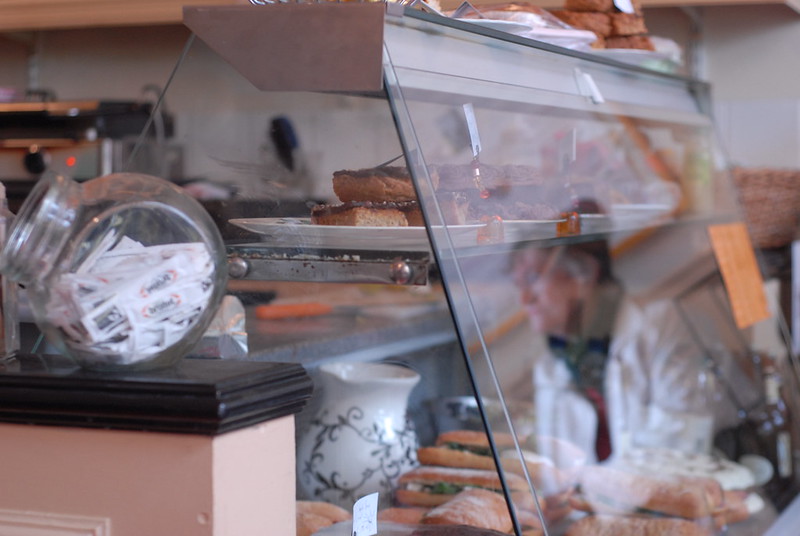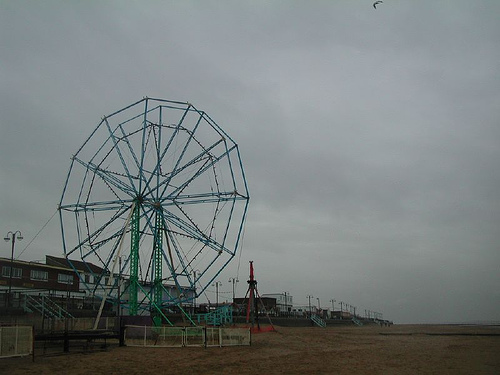Legal matters
In which we talk about a Grimsby court case
Last autumn, a friend-of-a-friend back in Grimsby was having a quiet evening at home, when he saw some teenagers messing around in the street outside. They were attacking a neighbour’s fence. “Someone ought to say something about that,” he thought. He’s a fit, healthy, well-built chap, someone who can stand up for himself, so he didn’t see why it shouldn’t be him. He works in a security-type job; just in case something happened, he put on his stab jacket before going outside.
Just in case.
He was stabbed, several times, and beaten with planks of wood, fracturing his skull. He survived by backing into a corner, and because of the jacket.
There were several witnesses, and arrests quickly followed. The trial date was set to: July 2nd, this year. The witnesses agreed to testify, on the proviso that they would be granted anonymity.
You know what’s coming now. On June 18th, the House of Lords ruled that convictions should not be decisively based on anonymous witnesses. The government plans to change this within the month; but, nevertheless, the CPS did not want to try delaying the above trial. Yesterday morning, the trial opened, and the prosecution witnesses suddenly all found that the promised anonymity was no longer on offer. None of them would stand, so the magistrates threw out the trial.
So, nothing is happening. The alleged attackers have been released. Whether or not they can or ever will be charged again is a mystery to the victim. The local paper, the Grimsby Telegraph,* which loves to be tough on crime, tough on the reporting of crime, has apparently not reported it, although they normally love filling up odd column inches with reports from the magistrates. I suspect this is because they’re just as unsure about the legal status of things as everybody else involved.** I said to the people involved: “go to the national papers, they’ll be interested”. Whether they will do remains to be seen.
* regular readers will remember how much this blog loves the Grimsby Telegraph and vice-versa. Some day I do still plan to get hold of a copy and count what proportion of its content is actually reporter-written, and how much of it is wire reports, reader’s letters and photos, events listings and so on, so I can justify my previous description of it as “rather news-thin”.
** unless it’s a deadline thing, but I’d have thought a court report from Wednesday morning could have made it into Thursday’s (lunchtime-published) paper. When the attack happened it was, I think, a front-page story, complete with a big “injured victim” picture.

 Home
Home


